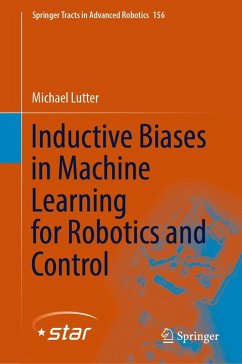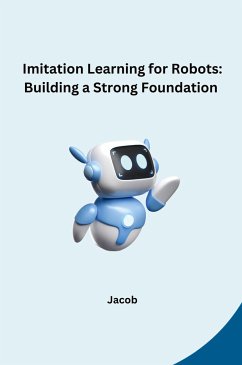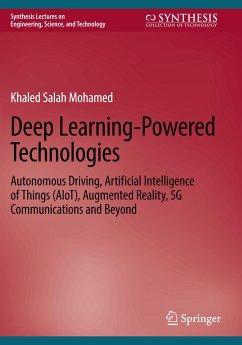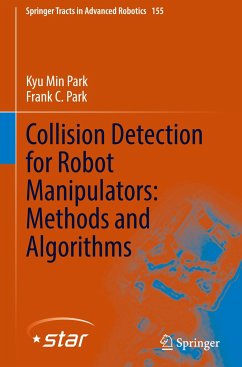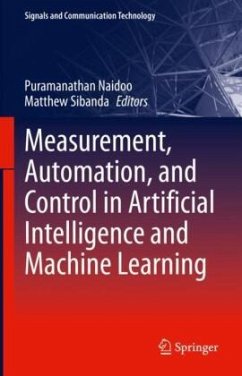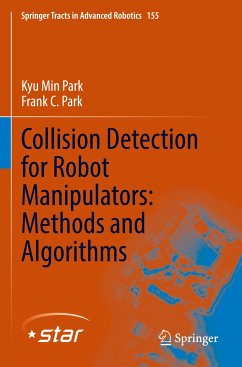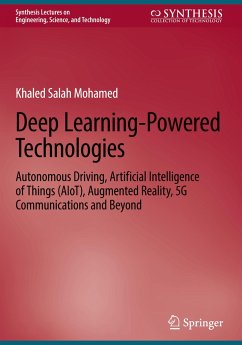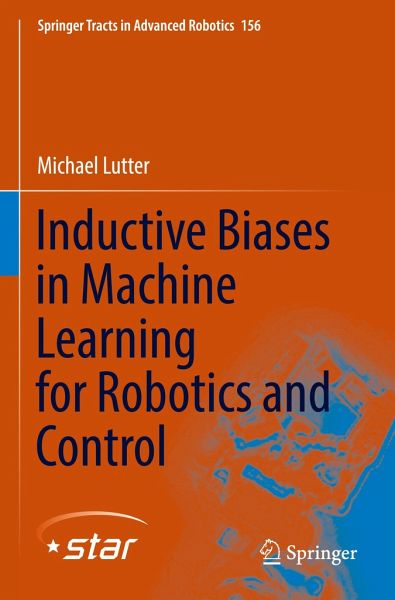
Inductive Biases in Machine Learning for Robotics and Control
Versandkostenfrei!
Versandfertig in 6-10 Tagen
91,99 €
inkl. MwSt.
Weitere Ausgaben:

PAYBACK Punkte
46 °P sammeln!
One important robotics problem is "How can one program a robot to perform a task"? Classical robotics solves this problem by manually engineering modules for state estimation, planning, and control. In contrast, robot learning solely relies on black-box models and data. This book shows that these two approaches of classical engineering and black-box machine learning are not mutually exclusive. To solve tasks with robots, one can transfer insights from classical robotics to deep networks and obtain better learning algorithms for robotics and control. To highlight that incorporating existing kno...
One important robotics problem is "How can one program a robot to perform a task"? Classical robotics solves this problem by manually engineering modules for state estimation, planning, and control. In contrast, robot learning solely relies on black-box models and data. This book shows that these two approaches of classical engineering and black-box machine learning are not mutually exclusive. To solve tasks with robots, one can transfer insights from classical robotics to deep networks and obtain better learning algorithms for robotics and control. To highlight that incorporating existing knowledge as inductive biases in machine learning algorithms improves performance, this book covers different approaches for learning dynamics models and learning robust control policies. The presented algorithms leverage the knowledge of Newtonian Mechanics, Lagrangian Mechanics as well as the Hamilton-Jacobi-Isaacs differential equation as inductive bias and are evaluated on physical robots.



